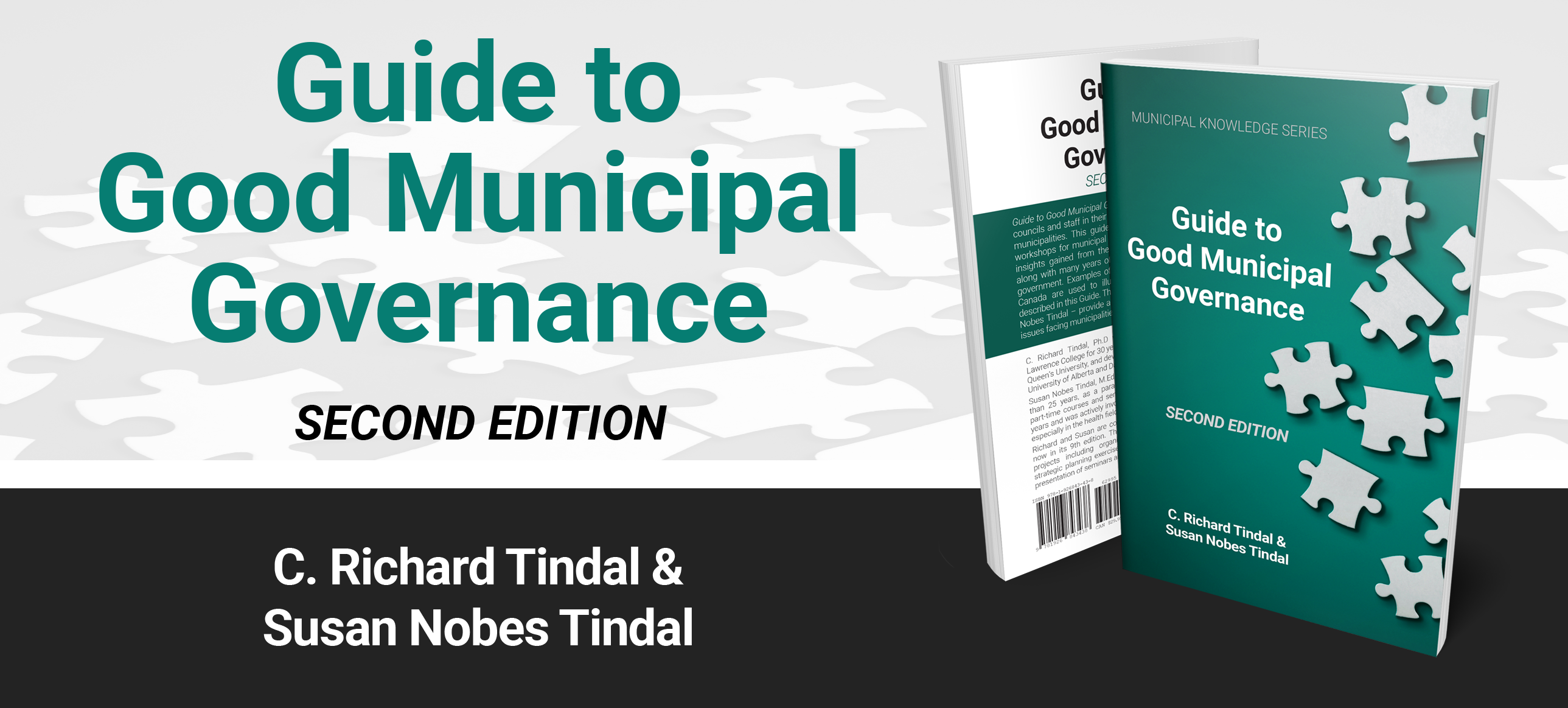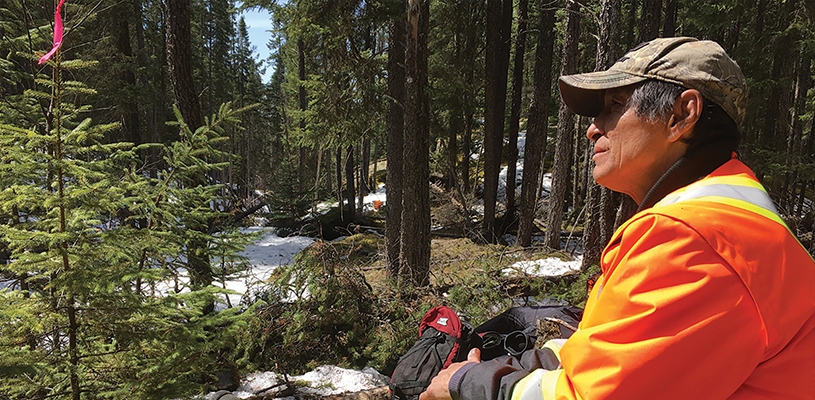Climate change: All hands on deck

With the October 21 federal election quickly approaching, Canadians are making their priority issues clear. Local governments, too, are raising concerns about national “hot button issues” for their communities. Across the country, finally, it seems like environmental issues have made it to the top of the list of priorities. If climate change wasn’t prominent on the political radar previously, it certainly is now.
Communities Feel Impact on Health and Climate
Of course, Canadian communities have been experiencing the impacts of climate change for a long time now. More than two decades ago, delegates at the Federation of Canadian Municipalities (FCM) annual conference heard how climate change was having a profound effect on both health and climate, how people and governments needed to come together to find solutions, and how Canadian cities were taking the lead.
Then, a decade later, Municipal World (with sponsors that included FCM) published Stepping Up to the Climate Change Challenge – a book that highlights the challenges and celebrates the important work being done by Canada’s local governments to adapt to and mitigate the impacts of climate change. That work by local government has continued – on the ground, in communities, where there is no choice for local leaders but to address the very real threats to citizens’ health and safety.
Canada’s Changing Climate Report
The recently released Canada’s Changing Climate Report makes it clear that the situation in Canada will only further intensify in the years ahead. The report notes that “both past and future warming in Canada is, on average, about double the magnitude of global warming.” In Northern Canada, the situation is even more extreme, and is predicted to continue at more than double the global rate.
While communities will have a spectrum of different experiences related to climate change, there is little doubt that the impacts across the board will continue to be significant. Areas affected will include tourism, travel, transportation, food security, engineering, infrastructure, waste management, eco-systems and wetlands, water management, agriculture, community health and safety, and municipal planning – to name just a few.
Time to Take Action
It should be no surprise, then, that more than 400 municipalities across Canada have now declared a climate emergency. Or that Canada’s premiers are now asking the federal government for greater access to funding related to natural disaster assistance, mitigation, adaptation, and resilience. Or that Canadians are now, overwhelmingly, telling pollsters that the environment is their top national concern for the election.
The clock continues to tick on climate change, and we are now at the eleventh hour. Communities truly need “all hands on deck,” and concerted, immediate, national action for the challenges ahead. MW
✯ Municipal World Insider and Executive Members: You might also be interested in Dianne Saxe’s article: Facing the inevitable: Building your community’s climate resilience. Note that you can now access the complete collection of past articles (and more) from your membership dashboard.
Susan M. Gardner, MPA, is Editor and Publisher of Municipal World.
Related resource materials:



